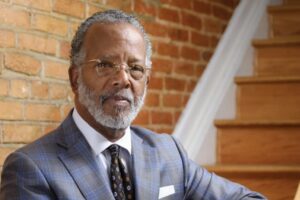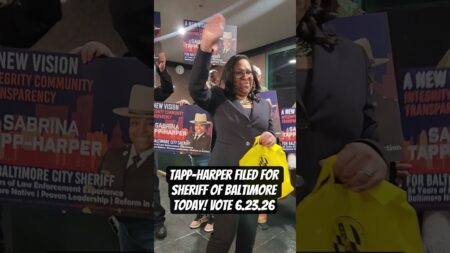By Deana Bass WIlliams and Dee Dee Bass Wilbon
(WASHINGTON, DC – November 15, 2024) – The 2024 U.S. Presidential Election revealed a pivotal shift among African American, Hispanic, and female voters, signaling a reevaluation of long-standing party loyalties. President-elect Donald Trump’s increased support within these groups reflects economic discontent, evolving social priorities, and a clear desire for change. As these voter groups express frustration over the current financial landscape and align with culturally conservative values, both parties have a compelling challenge: understanding and effectively engaging with these emerging priorities.
One of the starkest indicators of this shift is the deepening role of economic issues as a driver for political realignment. Many Black and Hispanic men, as well as women aged 45 and older, expressed dissatisfaction with their current financial situations and concerns over inflation, job security, and economic opportunities. This frustration translated into a substantial voting bloc for Trump, especially among those who rated the economy poorly or felt they were financially worse off than before. To retain and build on this support, the GOP can focus on addressing these economic grievances with actionable policies. Demonstrating a commitment to economic growth, job creation, and inflation control will be crucial to maintaining this momentum in future elections.
Social issues also played a defining role in 2024, highlighting a trend toward conservatism on topics like law enforcement, educational freedom, and abortion. Hispanic and Black men, in particular, showed alignment with Trump’s culturally conservative policies. This shift challenges both parties: Republicans can deepen this support by upholding policies that resonate with these values. Democrats may need to reconsider the balance between progressive policies and culturally resonant positions to avoid alienating these groups further.
Women voters also displayed a unique shift. Older women, mainly those aged 45-64, showed surprising support for Trump, with 81% of those viewing the economy poorly casting their votes for him. Economic insecurity and pragmatic social values drove this shift, suggesting that the “gender gap” in voting may be more fluid than previously assumed.
Ultimately, the election underscores a need for parties to listen more closely to diverse voter concerns. Both the GOP and the DNC face an inflection point, with real opportunities to solidify or lose these critical demographics’ trust. As the political landscape continues to evolve, the 2024 election may well mark the beginning of a broader transformation within the American electorate. The party that best responds to these shifts will shape the future of American politics.




















